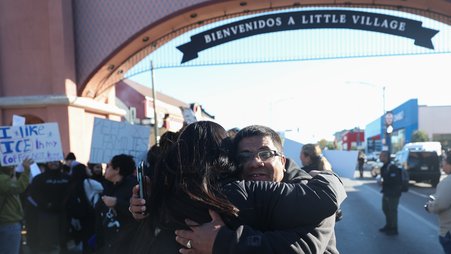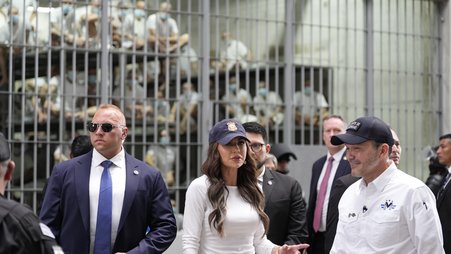With the TikTok argument headed for the Supreme Court on Jan. 10, it’s become increasingly common to read about the so-called “easy” path for affirming the TikTok ban: Treat it like a radio station, where foreign ownership has long been prohibited.
Freedom of the Press Foundation (FPF) Senior Advisor for Advocacy Caitlin Vogus explained in Tech Policy Press why that argument is wrong, as both a legal matter and a policy one.
As Vogus explains:
“The lower First Amendment protections for radio and broadcast television don’t just allow the government to prohibit foreign ownership. They also give the government significant control over the speech allowed on those mediums, control that isn’t currently allowed online or in the real world. That’s why the FCC can punish a radio station for playing George Carlin’s “Seven Dirty Words” but not HBO, or require “equal time” for political candidates on broadcast TV stations when it could never require the same in the pages of a newspaper.
“If we give the government a freer hand to regulate the internet the way they do radio and broadcast TV, it won’t be long before officials are trying to ban speech that embarrasses or criticizes them and stamp out content they disagree with.”





